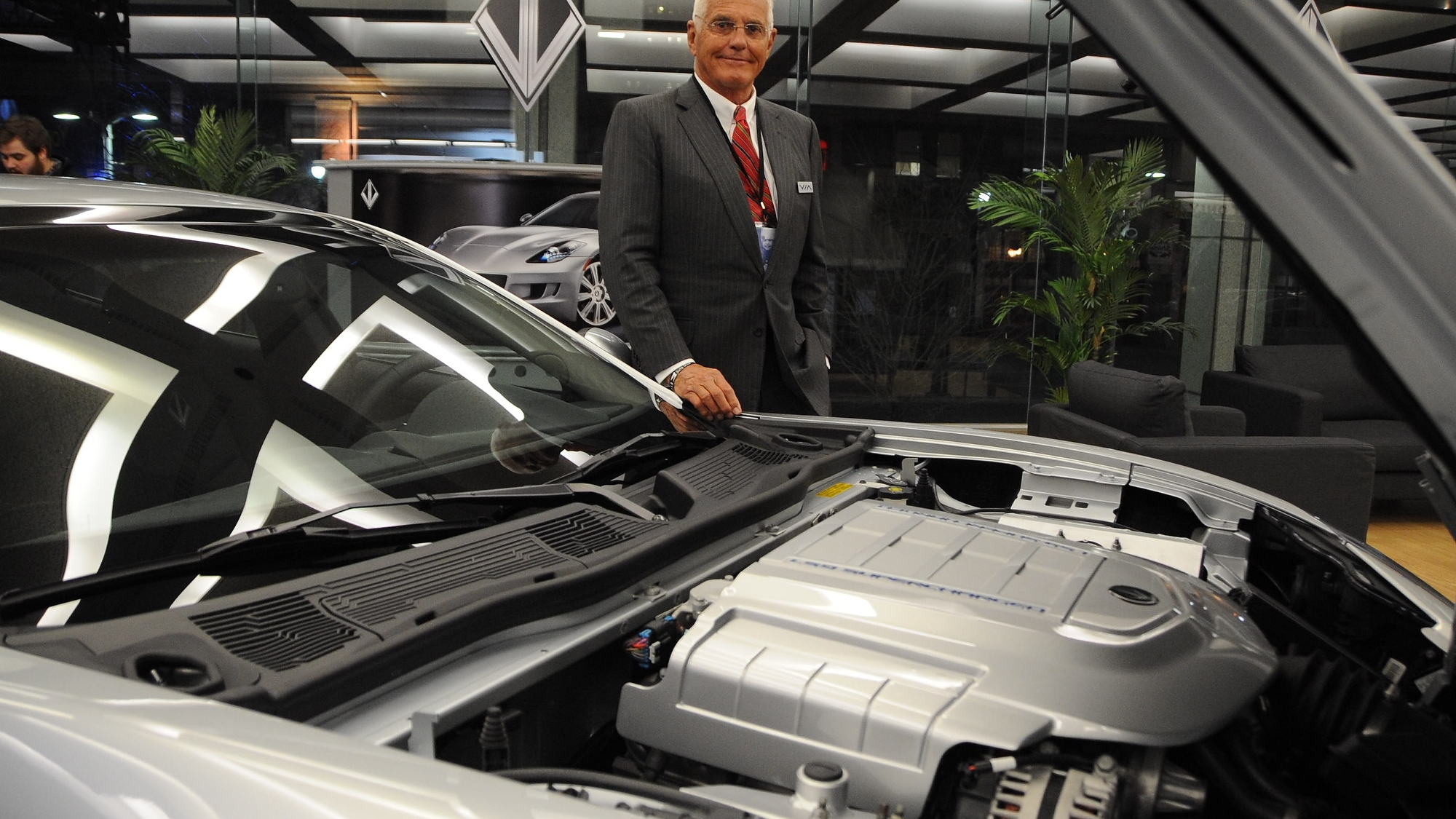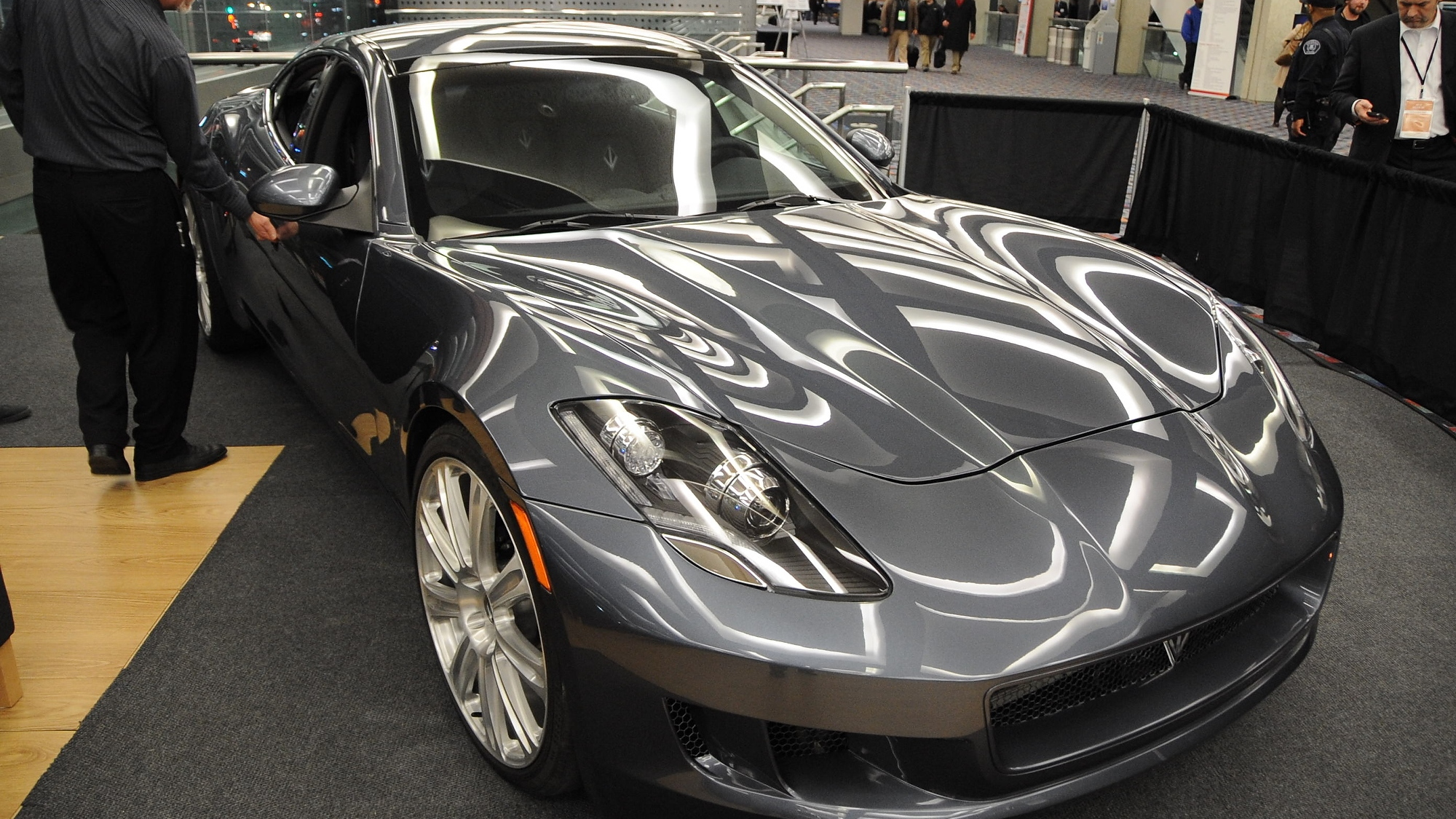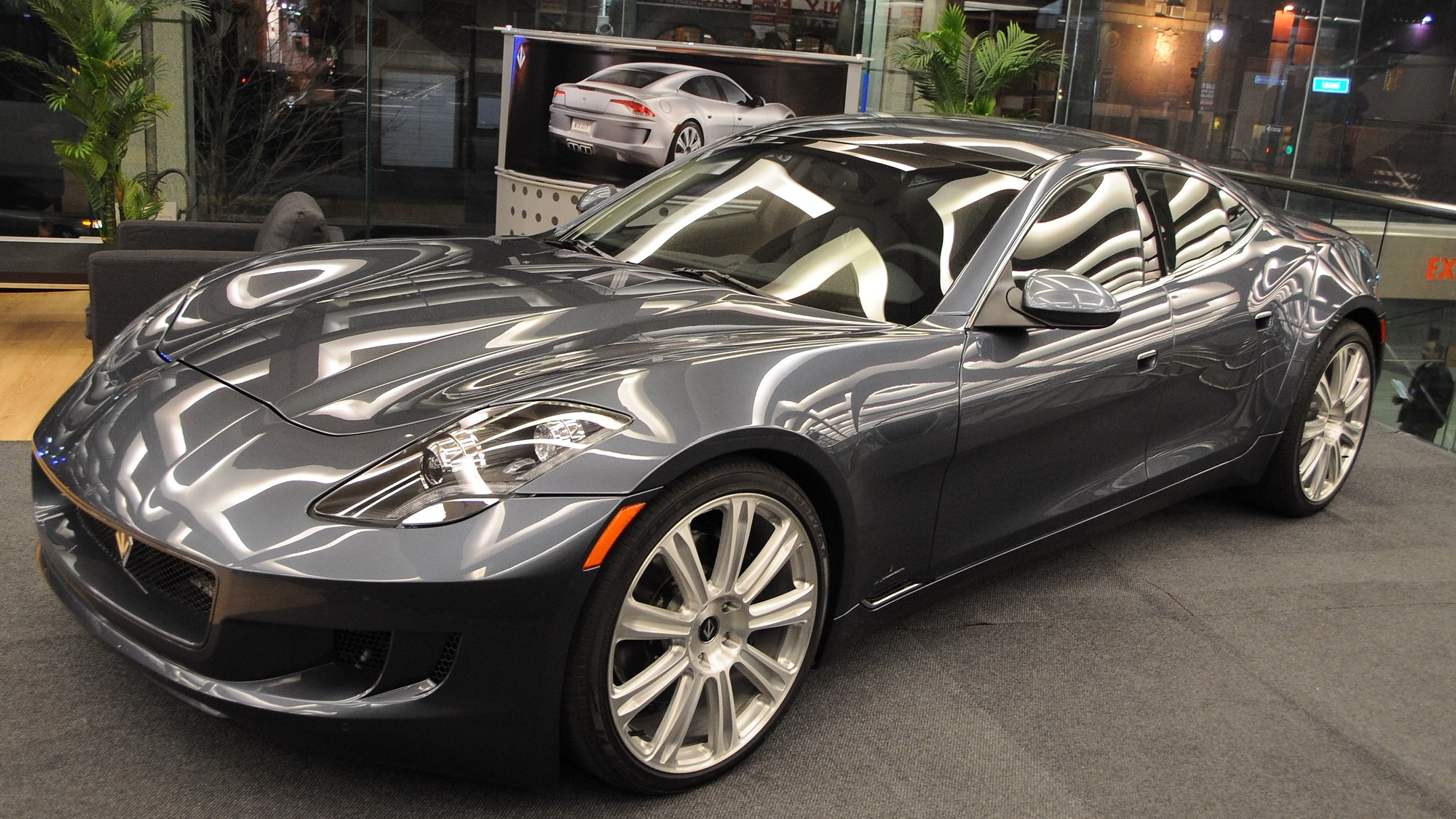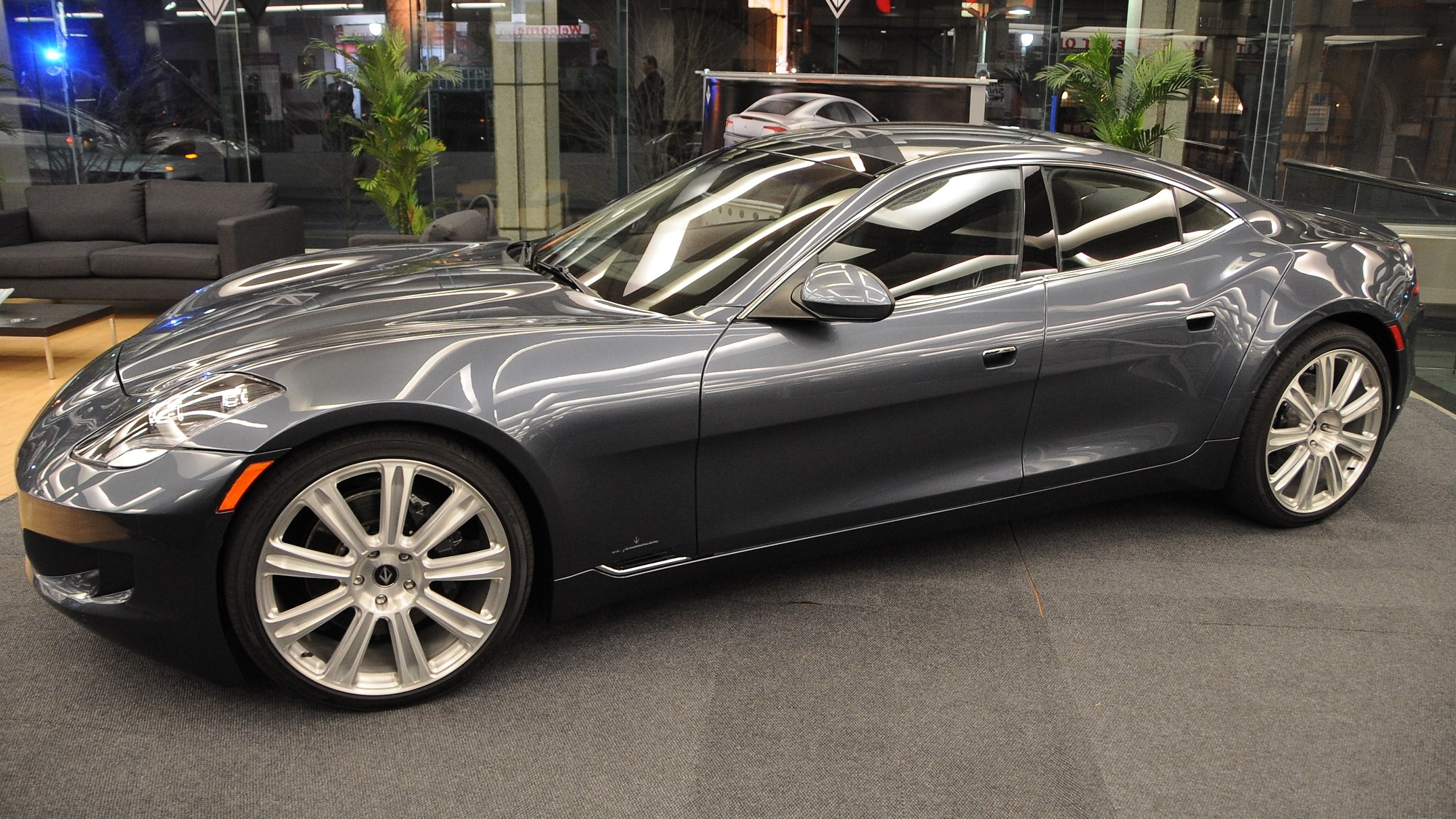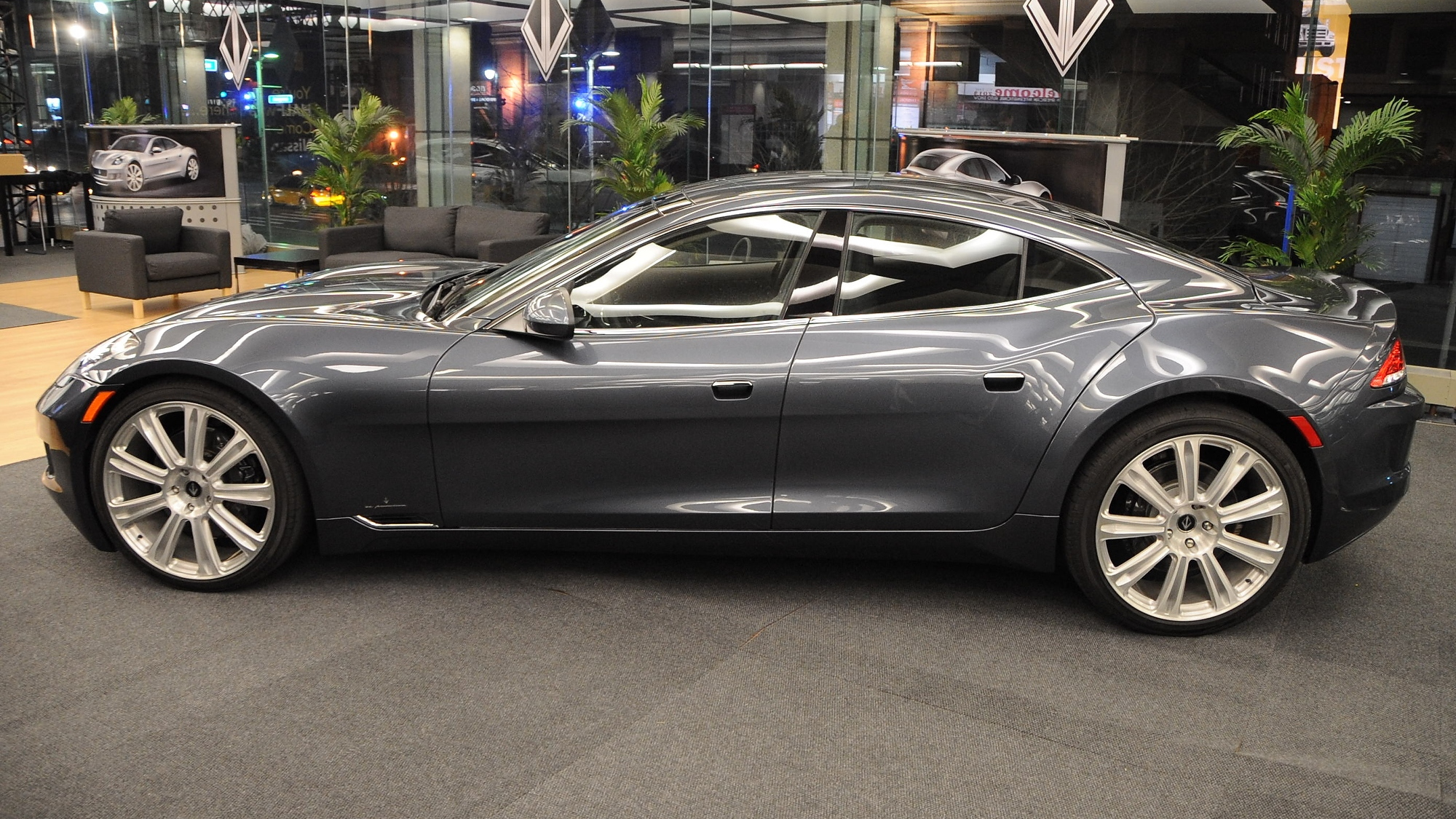Production of its Karma extended-range electric sedan ceased last year following the bankruptcy of the car’s battery supplier, A123 Systems.
And more recently, the company, seeing an alliance deal as its only chance of survival, lost founder Henrik Fisker along with a majority of its staff.
Fisker hasn’t mentioned bankruptcy yet, though it’s entirely possible given the situation.
So where would that leave fellow startup VL Automotive, whose plan is to sell rebadged Fisker Karmas powered by V-8 engines?
VL Automotive, started by industry icon Bob Lutz and entrepreneur Gilbert Villarreal, showed its first model, the Destino, at January’s 2013 Detroit Auto Show. The Destino is essentially a Karma with some unique styling treatments and its electric drivetrain replaced by a V-8 engine.
Speaking with Ward’s Auto, Lutz said VL won’t be adversely affected by Fisker’s woes. He explained that Fisker’s suppliers could continue to build the Karma’s rolling chassis, though he conceded that there would be some logistic problems.
Fisker didn’t build the Karma itself but outsourced production to independent vehicle manufacturer Valmet of Finland.
Lutz went on to reveal that VL has already received a hundred orders for the Destino, with most of those coming from the Middle East. He also said that some existing Karma owners and even some Fisker dealers have inquired about converting their cars to V-8 power, which Lutz estimated to cost between $85k and $90k. Pricing for a new Destino is expected to start at $185k.
There has been one major change made to the Destino’s specification since its Detroit debut; VL will be using the 556-horsepower LSA V-8 from the Cadillac CTS-V instead of the 638-horsepower LS9 from the Corvette ZR1 as originally announced. It turns out VL couldn’t find a suitable automatic for the LS9. Nevertheless, the slightly less powerful Destino should still meet VL’s original performance claims.
VL is in the process of having its Destino approved for government safety and emissions regulations and plans to start deliveries in the second half of the year.
